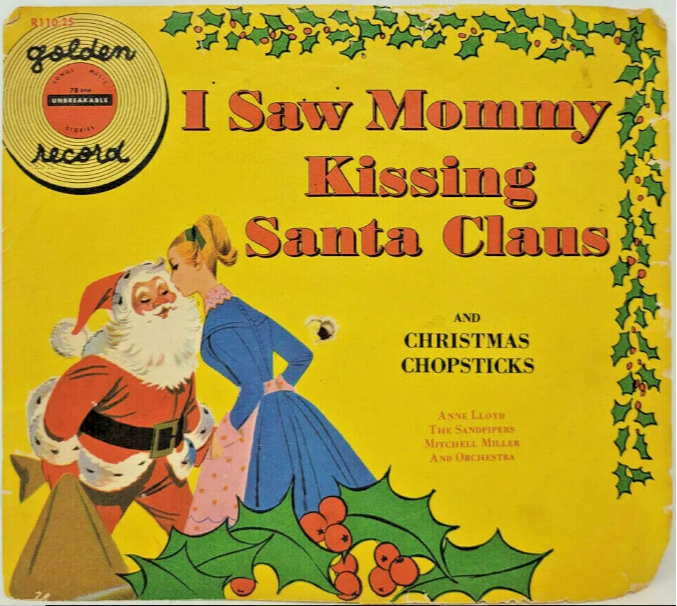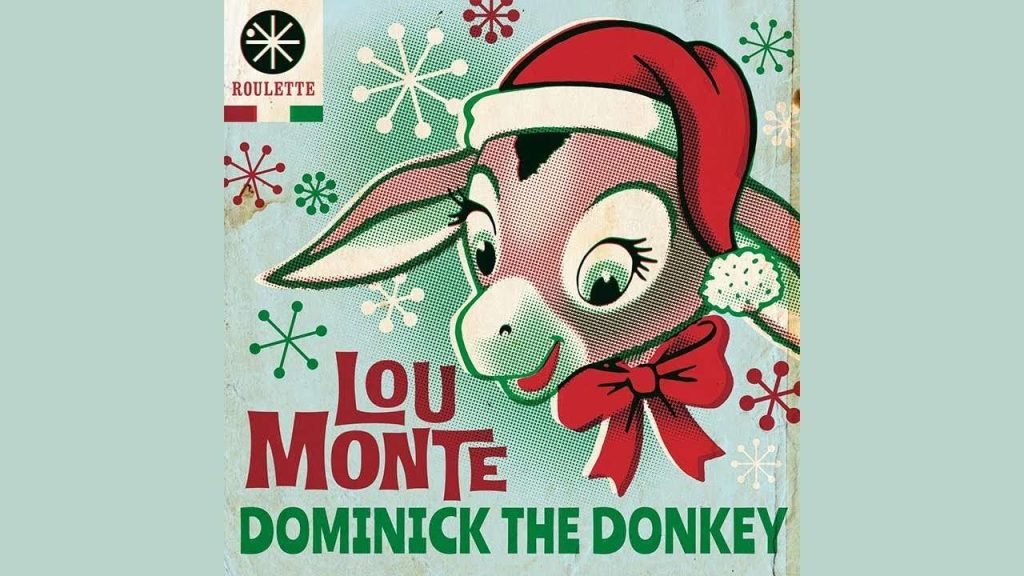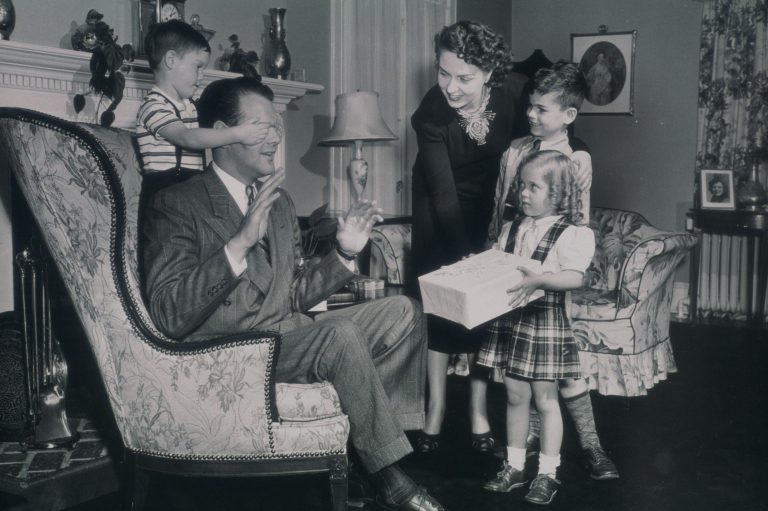Ah, the infamous list of not-so-jolly tunes! While music preferences are subjective, some deemed bad Christmas songs tend to divide opinion and raise eyebrows. Let’s delve into the origins and circumstances of these tunes, understanding why they’ve earned the reputation of being less favored by many.
Table of Contents
Toggle“Grandma Got Run Over by a Reindeer” (1979)
Born in 1979 by husband-and-wife duo Elmo and Patsy, this novelty song’s macabre humor revolves around a grandma meeting an unfortunate fate involving Santa’s reindeer. Its whimsical approach to a morbid event has polarized listeners, with some finding it amusingly irreverent while others consider it tasteless or even insensitive.

“Santa Baby” (1953)
Eartha Kitt first introduced this song in 1953, detailing a list of extravagant gifts requested from Santa. While some appreciate its playful nature, others critique it for its materialistic tone, painting a picture of Christmas as a time for opulence and expensive presents, which doesn’t resonate with everyone’s holiday spirit.
“I Saw Mommy Kissing Santa Claus” (1952)
Penned in 1952, this song revolves around a child’s innocent observation of their mother kissing someone dressed as Santa. Despite its intent to be playful and light-hearted, it has faced criticism for potentially unsettling implications, implying infidelity in a family-friendly setting.

“The Christmas Shoes” (2000)
Released in 2000 by the Christian group NewSong, this heartrending song tells the story of a boy buying shoes for his dying mother. Critics argue it’s emotionally manipulative, using tragedy to evoke sentimentality and potentially exploiting a somber theme for holiday commercial gain.
“Baby, It’s Cold Outside” (1944)
Written in 1944, this classic duet has faced intense scrutiny in recent years due to its lyrics, interpreted by some as promoting non-consensual behavior. What was once seen as a flirtatious banter between a man and woman has been criticized for its implications in a modern context.

“All I Want for Christmas Is My Two Front Teeth” (1944)
Created in 1944 by Donald Yetter Gardner, this simple and repetitive tune was intended for children. However, its simplicity and repetitive nature have caused it to be considered more grating or tiresome than endearing by some listeners.
“Feliz Navidad” (1970)
While celebrated for its catchy tune and bilingual lyrics, some criticize its repetitive nature, finding it somewhat monotonous after repeated plays during the holiday season.

“Wonderful Christmastime” (1979)
Paul McCartney’s festive tune has a polarizing effect due to its simplistic melody and repetitive chorus, which some find overly repetitive and lacking depth.
“Do They Know It’s Christmas?” (1984)
Created as a charity single by Band Aid to raise funds for famine relief in Ethiopia, this song has faced criticism for its simplistic and arguably patronizing portrayal of Africa and its issues.

“Santa Claus Is Coming to Town” (various versions)
While considered a classic, some interpretations of this song can come off as somewhat authoritarian, with Santa keeping track of children’s behavior in a way that some find unsettling or coercive.
“Dominick the Donkey” (1960s)
This novelty song narrates the tale of a Christmas donkey, which, though beloved by some for its cheerful absurdity, is often criticized for being frivolous or annoying.

These “bad Christmas songs”, born from different eras and intentions, have encountered criticism for various reasons. Whether due to their content, lyrical themes, or interpretations in contemporary contexts, they’ve sparked discussions about cultural sensitivities, changing societal norms, and differing perceptions of humor and sentimentality during the holiday season.
While these tunes may not resonate with everyone, the beauty of music lies in its subjectivity. What one person finds distasteful, another might cherish as a cherished part of their holiday repertoire. Ultimately, amidst the carols and classics, these songs add layers of complexity to the rich tapestry of holiday music, evoking diverse reactions and contributing to the seasonal conversation.












+ There are no comments
Add yours